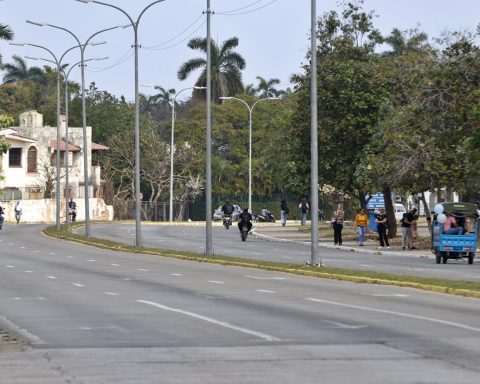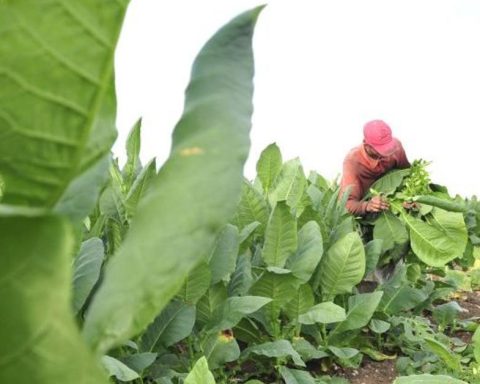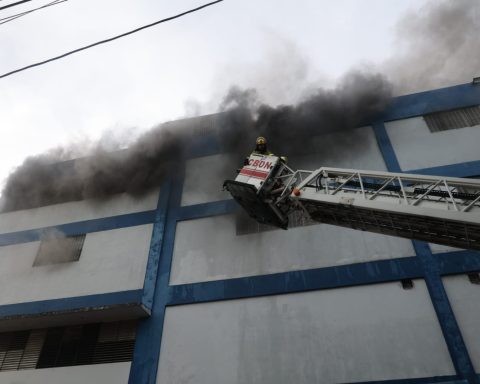Aguas Andinas referred to the implications that could represent for the continuity of the supply of drinking water in the Metropolitan Region, the article approved in the Commission of Transitory Norms that will be voted this week in the plenary session of the Constitutional Convention. This would immediately apply the rules of the new authorizations of use for water rights, stopping the current agreements and agreements with other users of the basin, steps that have allowed the environmental services company to have the necessary resources up to now to secure and permanent supply in the city, despite more than 13 years of deep drought.
“We value and share the work that has been done so that the new Constitution enshrines the prioritization of human consumption. However, for this to be fulfilled, it is urgent to look for other options of mechanisms or transitory regimes that allow greater gradualness and also take charge of the water exchange formulas that impact the supply in the city and its inhabitants as little as possible”, said Marta Colet, general manager of Aguas Andinas.
He added that if this norm is approved in the plenary session of the Convention “immediately, we will not have the certainty of having the necessary water resources to deliver the drinking water service that we supply daily in the Metropolitan Region. Until now, this has been possible, among other important efforts, thanks to the management carried out with other users of the basin and that has allowed us to face 13 years of drought without impacts or interruptions for citizens”, explained Marta Colet .
The foregoing, because these water transfers have been a mechanism that has allowed the environmental services company to complement, supply and reinforce its water sources to maintain the continuity and security of supply in the city.
In this sense, the executive explained that only in the last three years, in which the drought has intensified with little rainfall and snow, impacting the flows of the rivers that supply Santiago, such as the Mapocho and the Maipo, Aguas Andinas has received transfers from other users of the basin for more than 591 hm3, which translates into 35% of the total production of drinking water for the Metropolitan Region. During the recent spring-summer season, the season with the highest consumption, the company’s efforts with other users made it possible to cover 42% of Santiago’s water needs and maintain the supply without impacts or interruptions despite the complex water scenario.


















